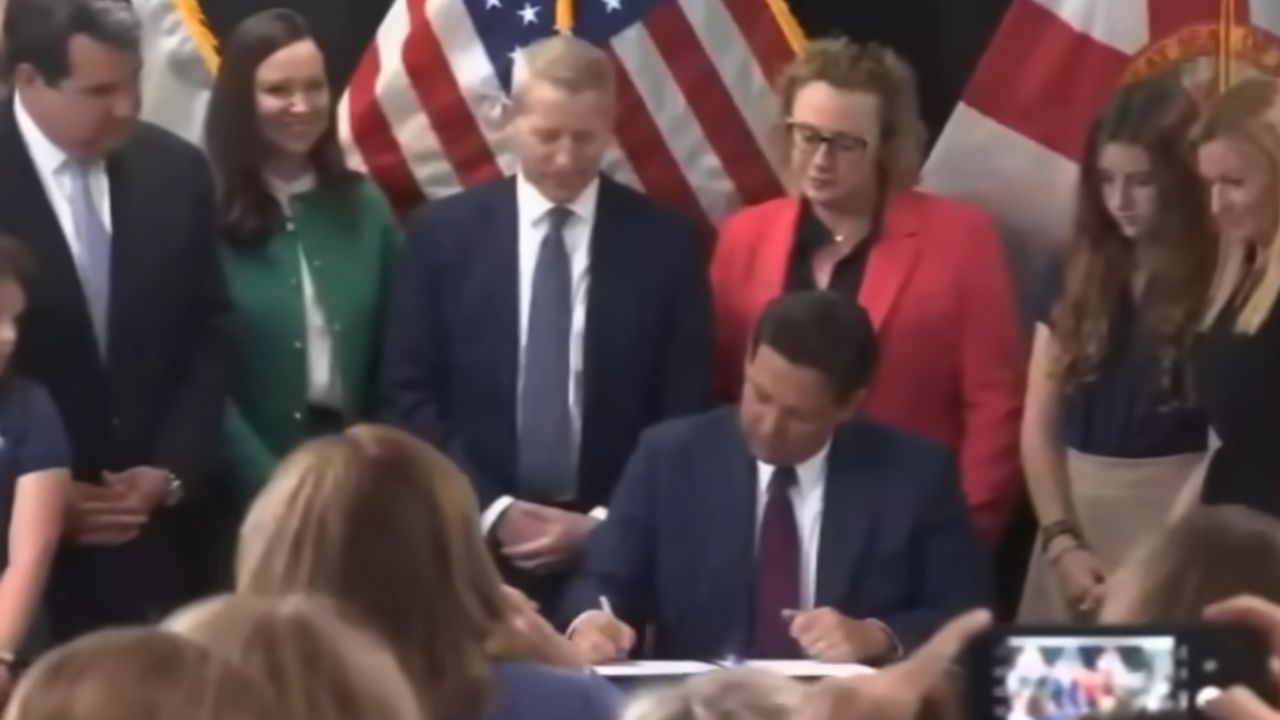TALLAHASSEE (Diya TV) — Florida Governor Ron DeSantis has signed into law a bill that prohibits minors under the age of 14 from having social media accounts, making Florida the first state to impose such stringent regulations. The legislation, known as House Bill 3, also mandates parental consent for 14- and 15-year-olds to access platforms like Meta Platforms Inc. and TikTok Inc.
In a press conference, Governor DeSantis emphasized the necessity of safeguarding children from the potential harms of social media, citing concerns over mental health and online safety. The bill aims to empower parents in overseeing their children’s online activities and mitigate the adverse effects associated with excessive screen time.
However, the law has sparked controversy, with critics arguing that it infringes on First Amendment rights and raises privacy concerns. Netchoice, a lobbying group representing major tech companies, including Meta and TikTok, has voiced opposition to the bill, labeling it unconstitutional and ineffective.
House Speaker Paul Renner defended the legislation, emphasizing its focus on protecting children’s safety online without regulating content. Renner reiterated that the bill does not impede free speech but rather seeks to address public safety concerns surrounding children’s access to social media.
The bill’s provisions extend beyond restricting social media access, encompassing measures to combat online pornography and sexually explicit content. Websites featuring such material are required to implement age verification measures to prevent minors from accessing inappropriate content.
While proponents assert that the law is a crucial step towards ensuring online safety for children, opponents raise concerns about the potential implications of requiring social media companies to verify users’ ages, citing privacy risks associated with disclosing sensitive personal information.
The enactment of the Florida law underscores growing nationwide efforts to regulate social media platforms in response to mounting concerns about their impact on youth mental health and well-being. Similar legislative initiatives have emerged in other states, reflecting a broader trend of increased scrutiny and regulation of the tech industry’s practices regarding children’s online engagement.



